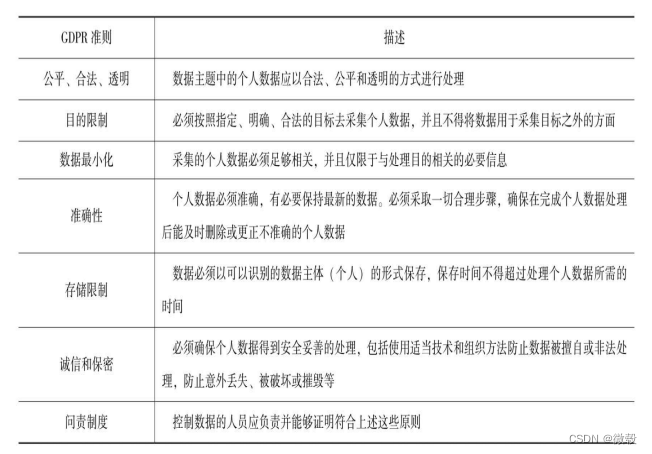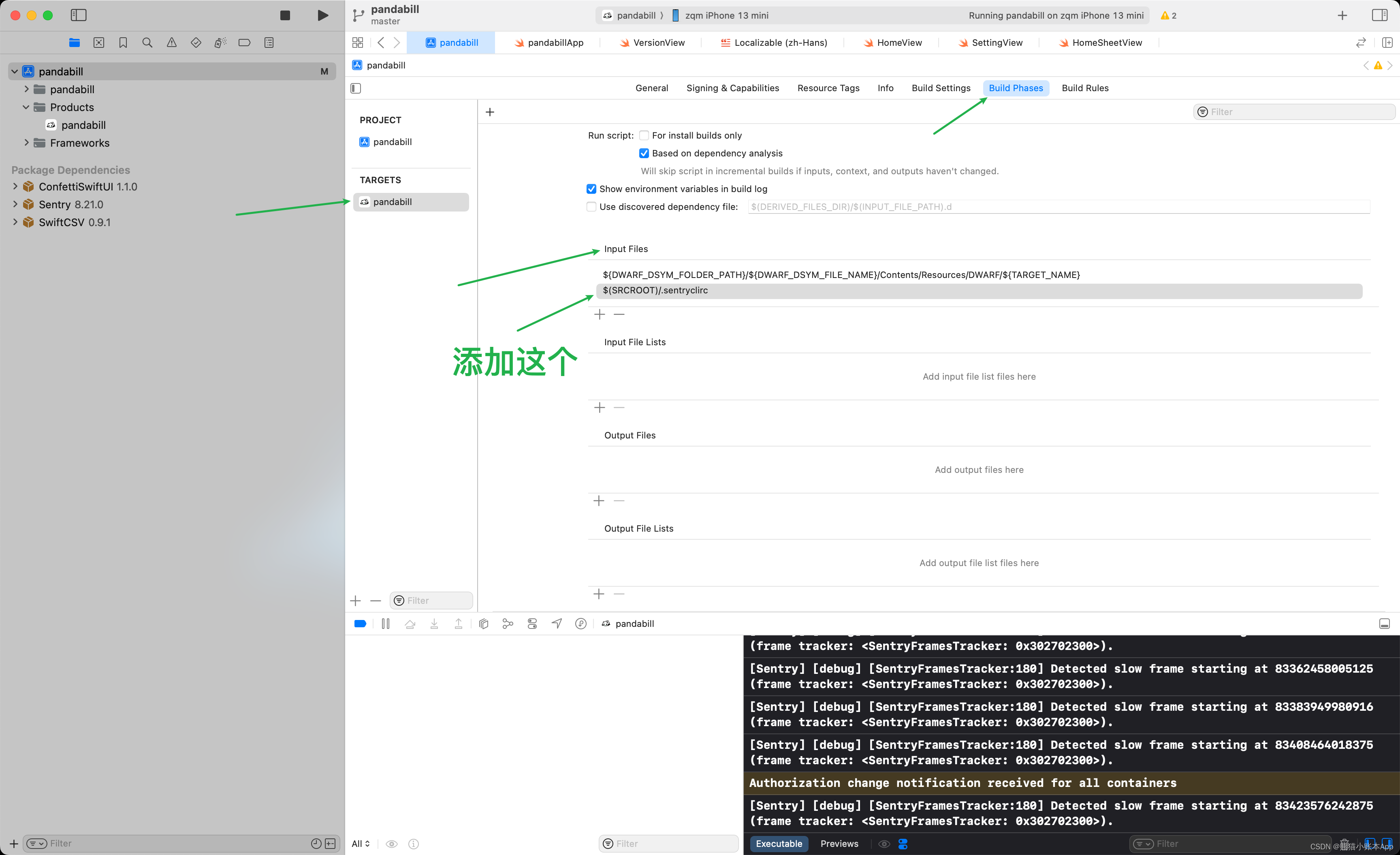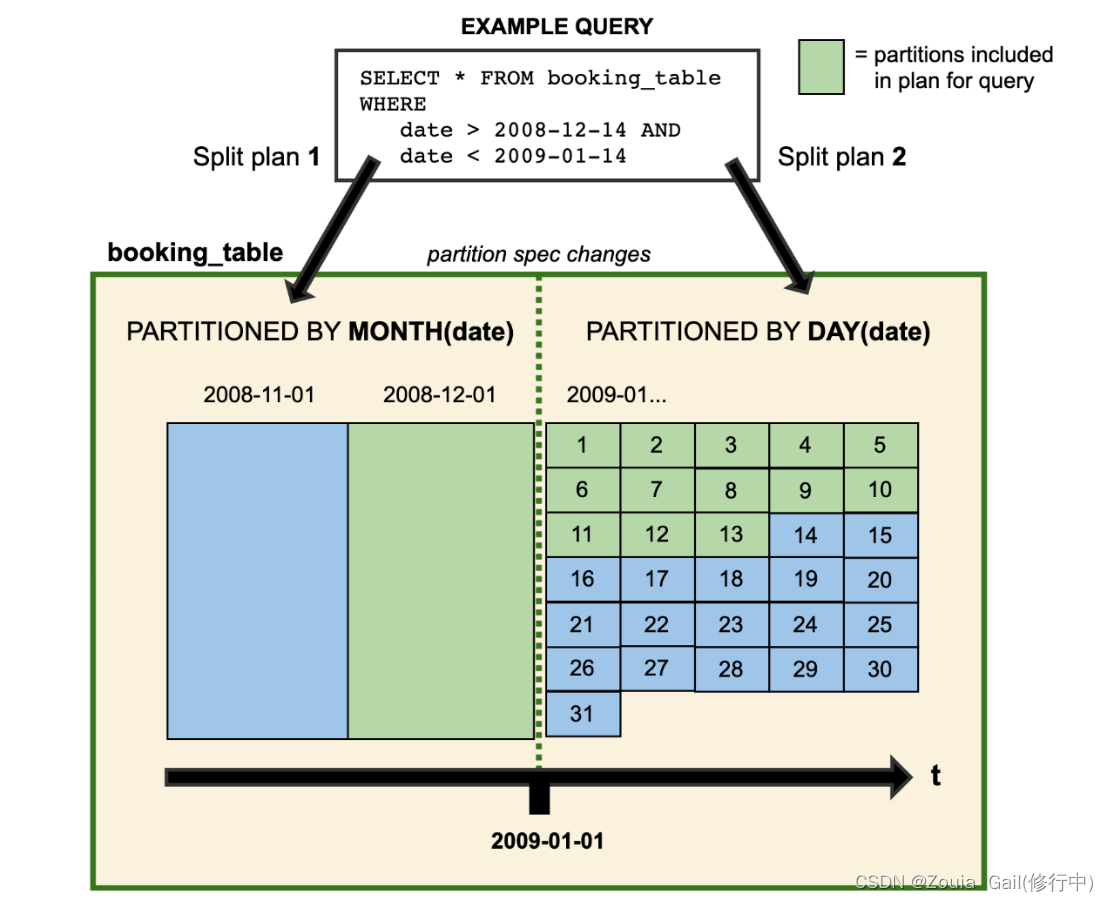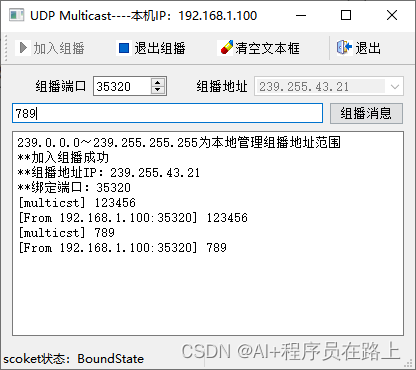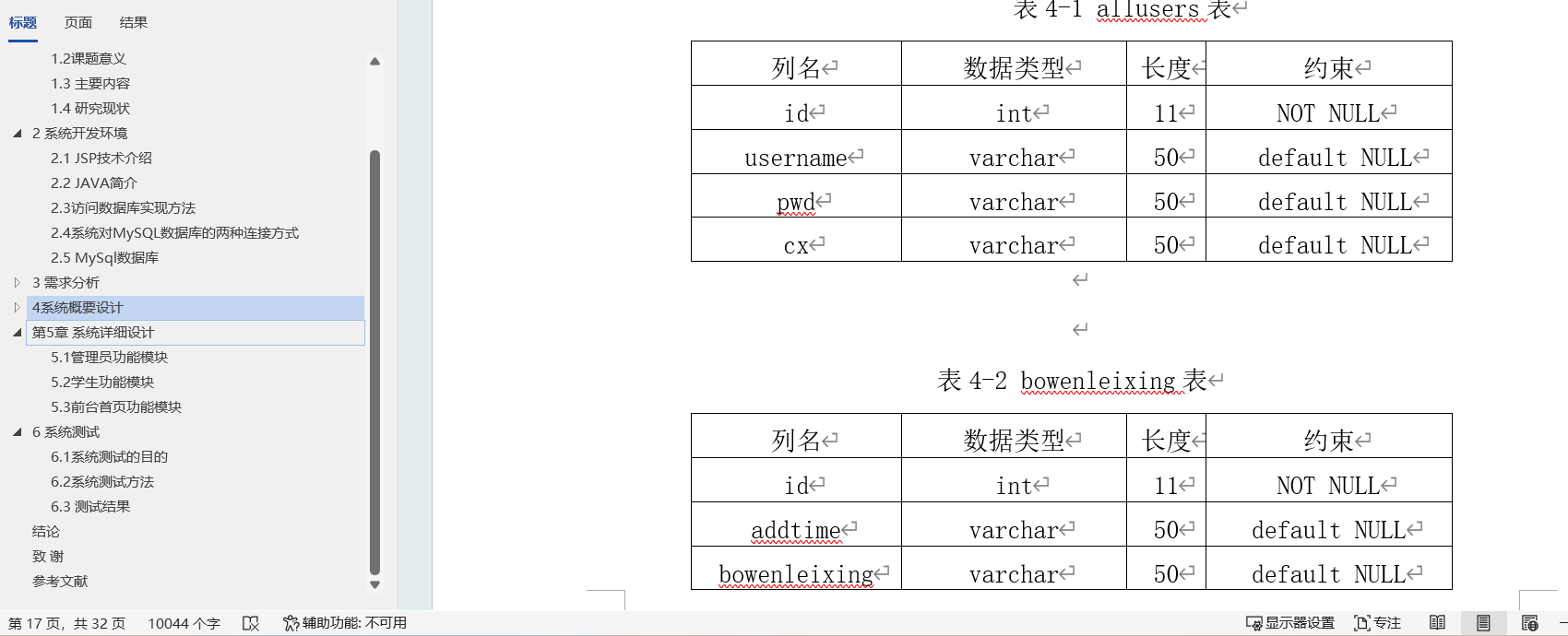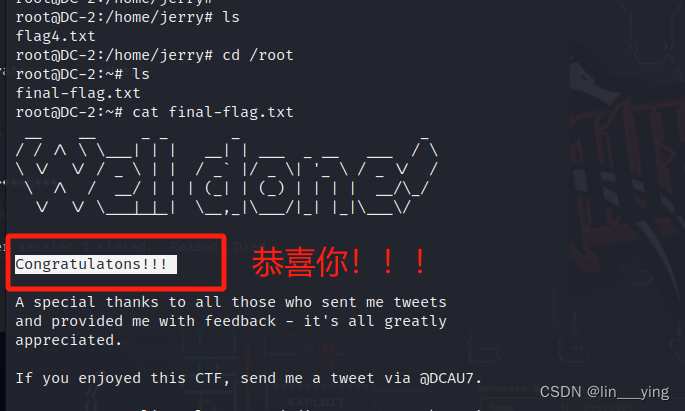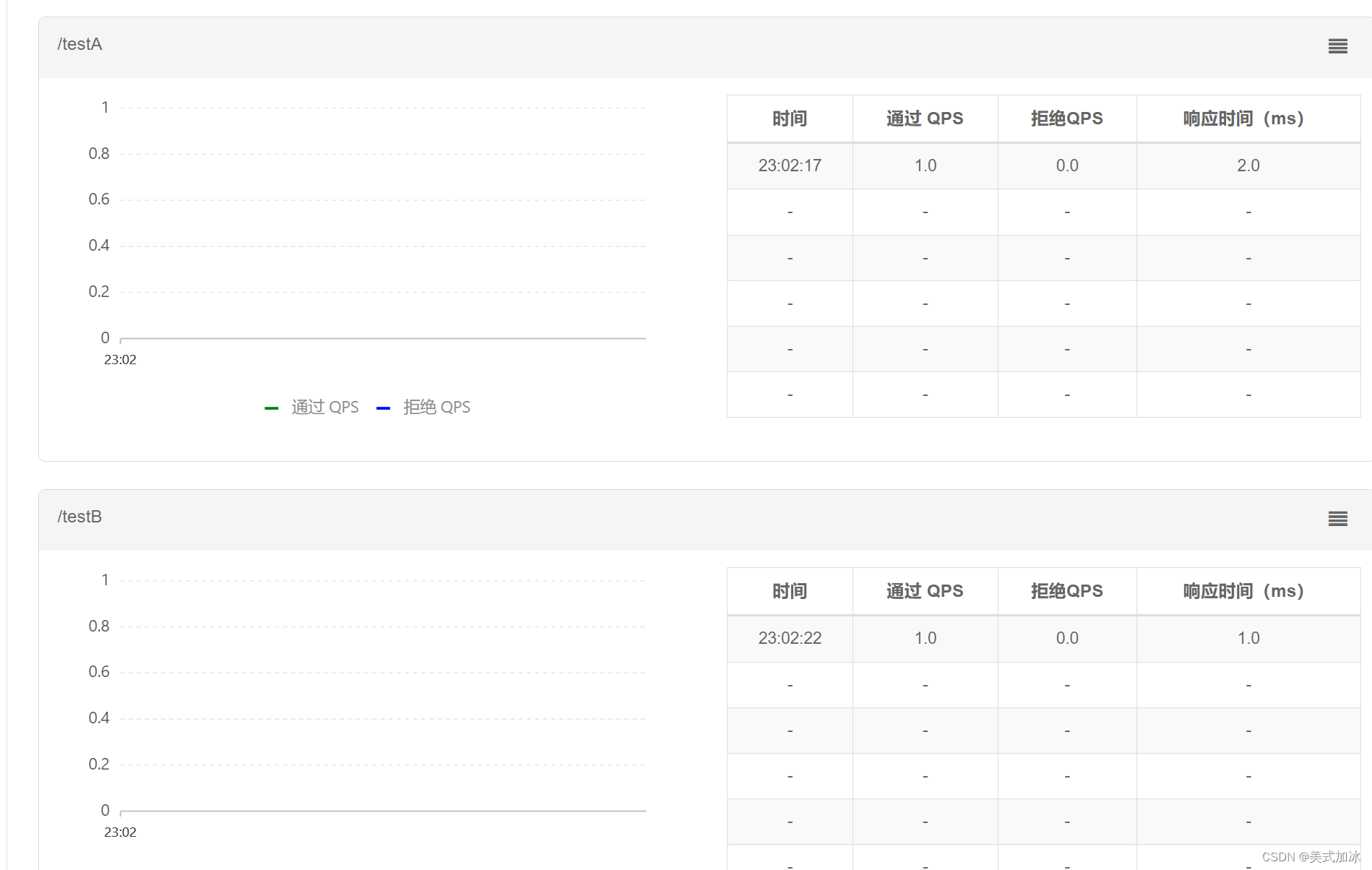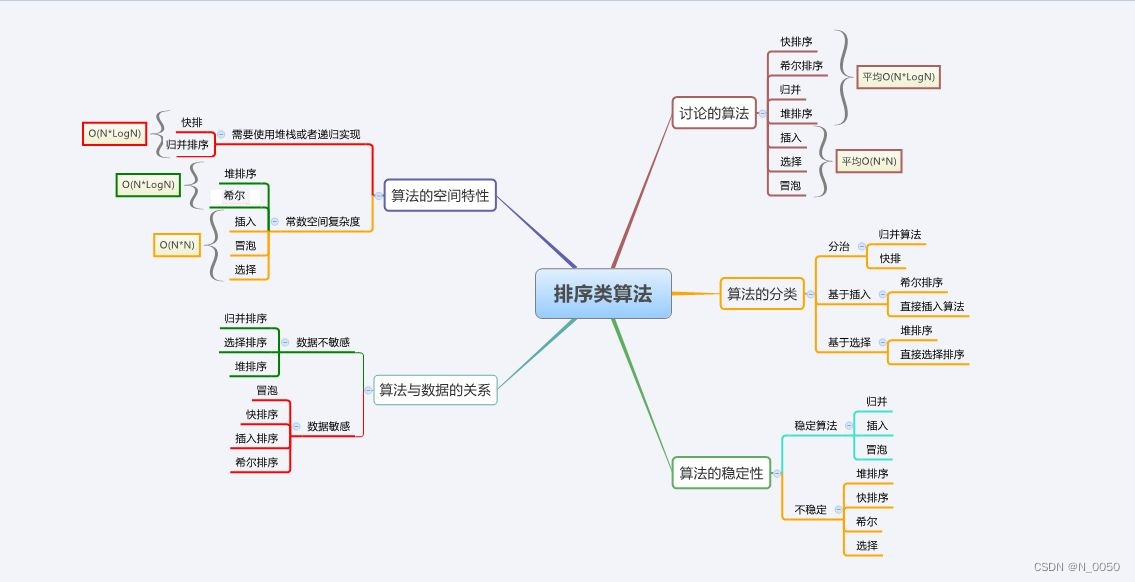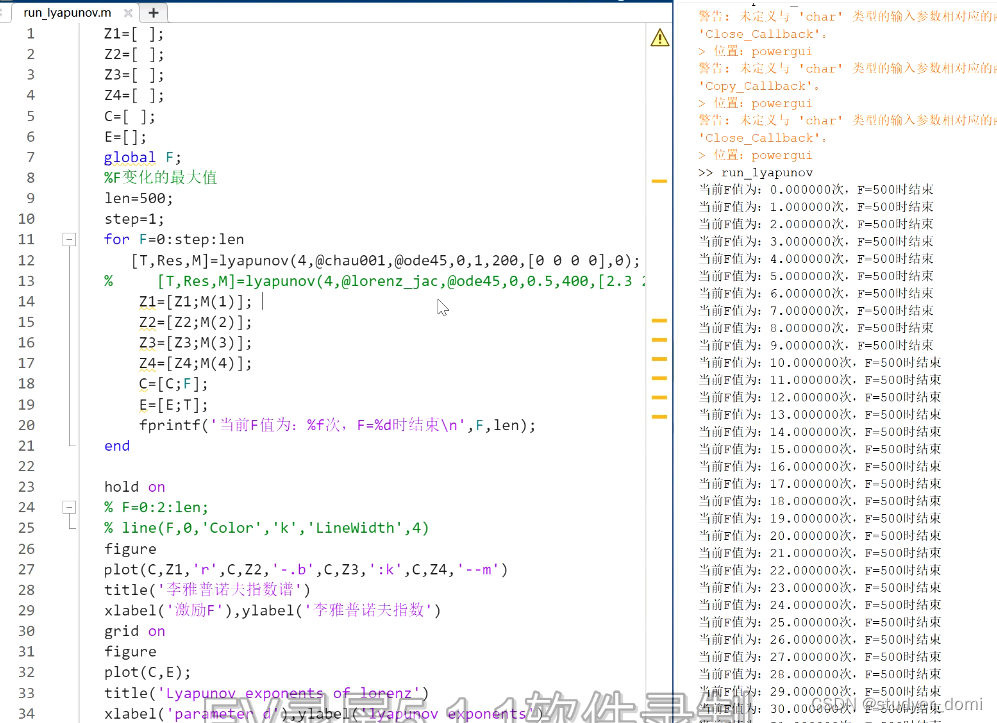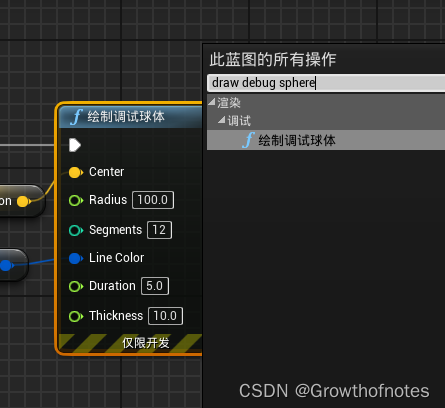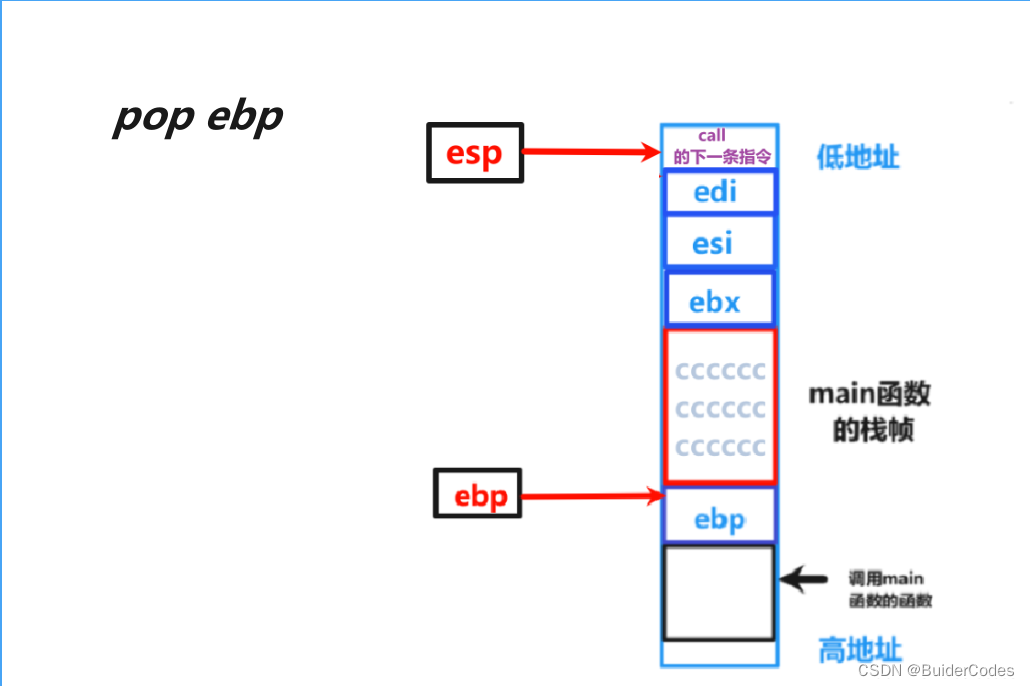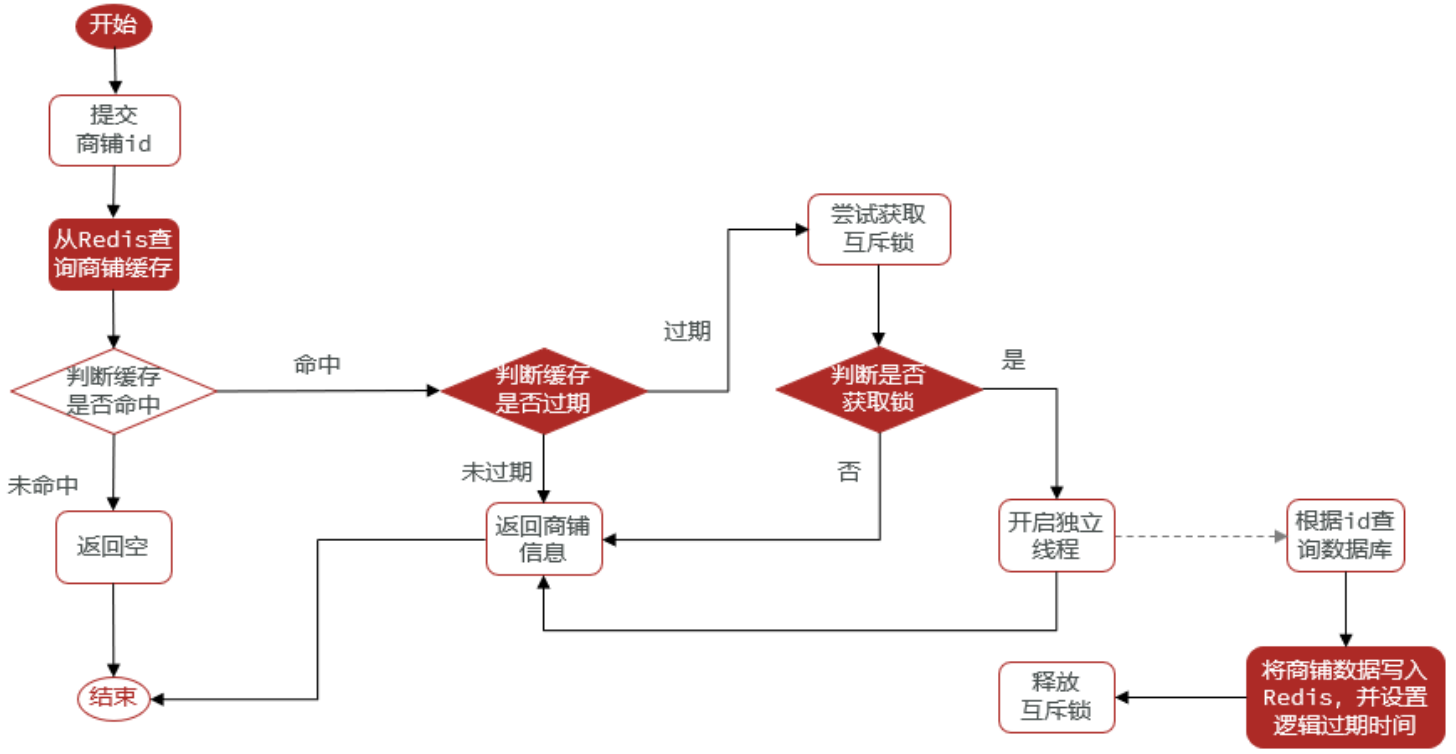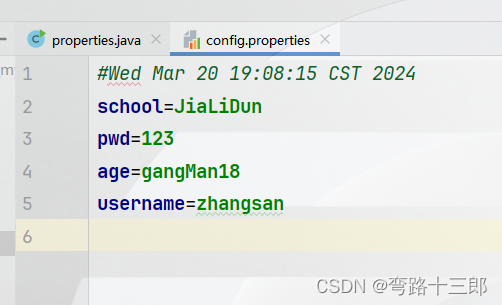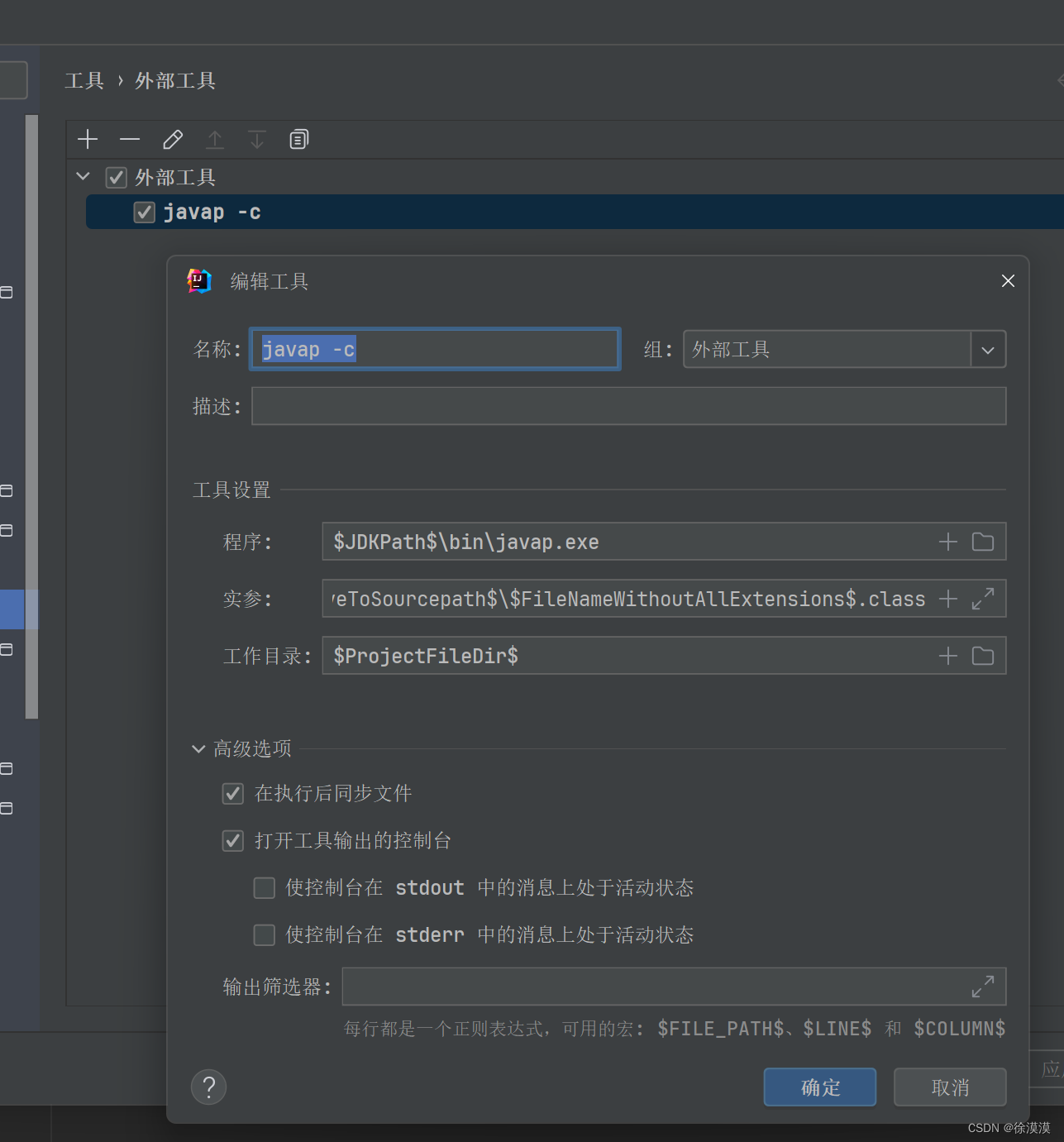1.convention目录下创建exception目录,并创建AbstractException类,
ClientException类,ServiceException类,RemoteException类
/**
* 抽象项目中三类异常体系,客户端异常、服务端异常以及远程服务调用异常
*
* @see ClientException
* @see ServiceException
* @see RemoteException
*/
@Getter
public abstract class AbstractException extends RuntimeException {
public final String errorCode;
public final String errorMessage;
public AbstractException(String message, Throwable throwable, IErrorCode errorCode) {
super(message, throwable);
this.errorCode = errorCode.code();
this.errorMessage = Optional.ofNullable(StringUtils.hasLength(message) ? message : null)
.orElse(errorCode.message());
}
}/**
* 客户端异常
*/
public class ClientException extends AbstractException {
public ClientException(IErrorCode errorCode) {
this(null, null, errorCode);
}
public ClientException(String message) {
this(message, null, BaseErrorCode.CLIENT_ERROR);
}
public ClientException(String message, IErrorCode errorCode) {
this(message, null, errorCode);
}
public ClientException(String message, Throwable throwable, IErrorCode errorCode) {
super(message, throwable, errorCode);
}
@Override
public String toString() {
return "ClientException{" +
"code='" + errorCode + "'," +
"message='" + errorMessage + "'" +
'}';
}
}/**
* 远程服务调用异常
*/
public class RemoteException extends AbstractException {
public RemoteException(String message) {
this(message, null, BaseErrorCode.REMOTE_ERROR);
}
public RemoteException(String message, IErrorCode errorCode) {
this(message, null, errorCode);
}
public RemoteException(String message, Throwable throwable, IErrorCode errorCode) {
super(message, throwable, errorCode);
}
@Override
public String toString() {
return "RemoteException{" +
"code='" + errorCode + "'," +
"message='" + errorMessage + "'" +
'}';
}
}/**
* 服务端异常
*/
public class ServiceException extends AbstractException {
public ServiceException(String message) {
this(message, null, BaseErrorCode.SERVICE_ERROR);
}
public ServiceException(IErrorCode errorCode) {
this(null, errorCode);
}
public ServiceException(String message, IErrorCode errorCode) {
this(message, null, errorCode);
}
public ServiceException(String message, Throwable throwable, IErrorCode errorCode) {
super(Optional.ofNullable(message).orElse(errorCode.message()), throwable, errorCode);
}
@Override
public String toString() {
return "ServiceException{" +
"code='" + errorCode + "'," +
"message='" + errorMessage + "'" +
'}';
}
}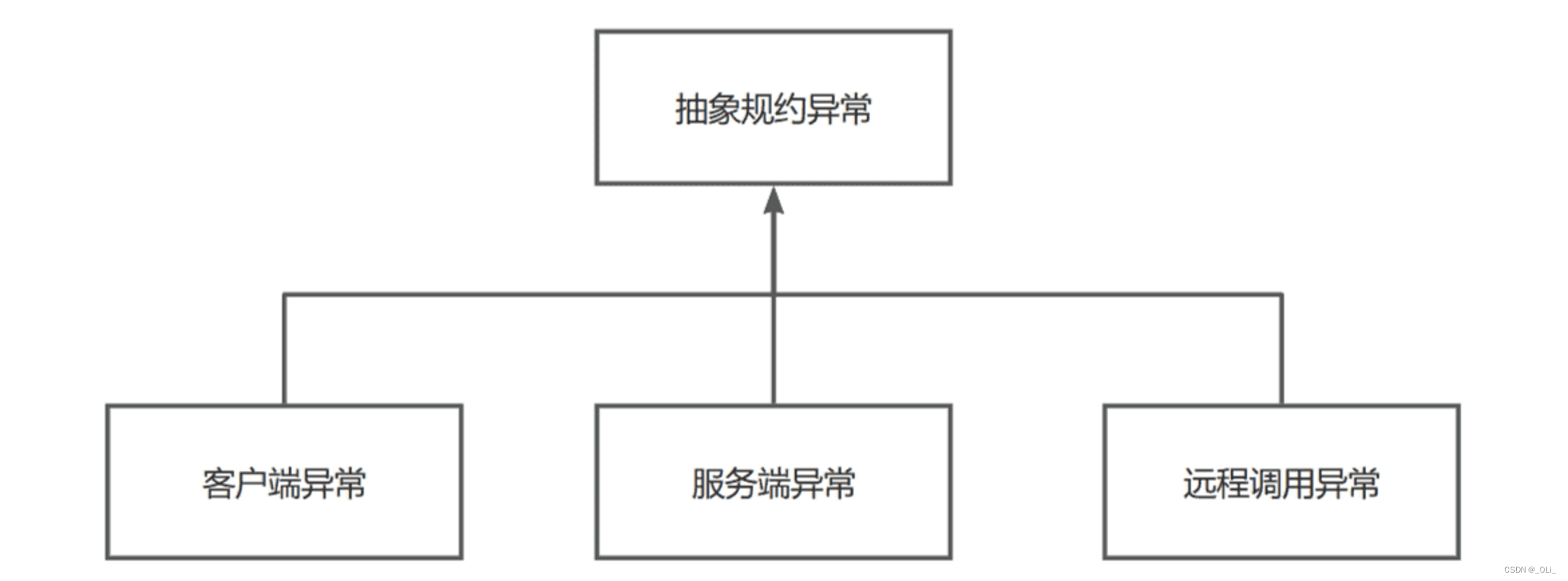
2.UserServiceImpl就可以修改为

代码片段实现了UserService接口的一个方法getUserByUsername,该方法用于根据用户名获取用户信息,并返回一个UserRespDTO对象。在方法中有一个判断if (userDO == null)来处理当用户不存在时的情况(userDO对象如果为null,代表数据库中没有匹配的记录)。
如果去掉if (userDO == null)这个判断,当数据库中没有找到匹配的UserDO记录时,userDO变量会被赋值为null。随后的BeanUtils.copyProperties(userDO, result);调用将会失败,因为BeanUtils.copyProperties方法会尝试访问userDO的属性来复制到result对象,如果userDO是null,那么就会引发NullPointerException。
3.result目录下创建Results类,即可简化UserController
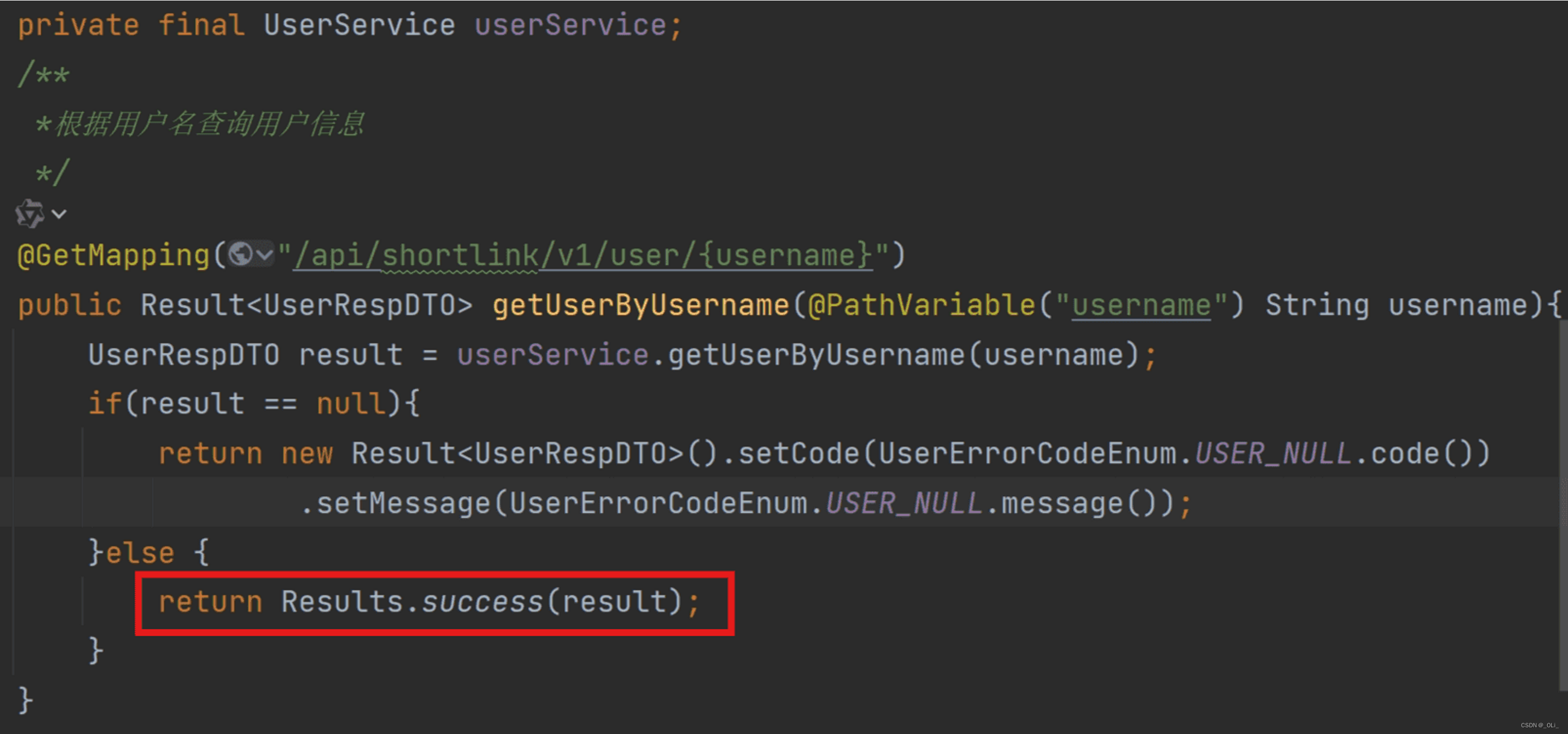
4.common目录下创建web目录,再创建GlobalExceptionHandler
全局异常拦截器,需要拦截器的原因在于,我们不可能在代码的逻辑上拦截所有异常,比如如果没写return null就会有空指针异常,这时拦截器可以拦截这样的错误,并报出异常
/**
* 全局异常处理器
*
*/
@Component
@Slf4j
@RestControllerAdvice
public class GlobalExceptionHandler {
/**
* 拦截参数验证异常
*/
@SneakyThrows
@ExceptionHandler(value = MethodArgumentNotValidException.class)
public Result validExceptionHandler(HttpServletRequest request, MethodArgumentNotValidException ex) {
BindingResult bindingResult = ex.getBindingResult();
FieldError firstFieldError = CollectionUtil.getFirst(bindingResult.getFieldErrors());
String exceptionStr = Optional.ofNullable(firstFieldError)
.map(FieldError::getDefaultMessage)
.orElse(StrUtil.EMPTY);
log.error("[{}] {} [ex] {}", request.getMethod(), getUrl(request), exceptionStr);
return Results.failure(BaseErrorCode.CLIENT_ERROR.code(), exceptionStr);
}
/**
* 拦截应用内抛出的异常
*/
@ExceptionHandler(value = { AbstractException.class })
public Result abstractException(HttpServletRequest request, AbstractException ex) {
if (ex.getCause() != null) {
log.error("[{}] {} [ex] {}", request.getMethod(), request.getRequestURL().toString(), ex.toString(),
ex.getCause());
return Results.failure(ex);
}
log.error("[{}] {} [ex] {}", request.getMethod(), request.getRequestURL().toString(), ex.toString());
return Results.failure(ex);
}
/**
* 拦截未捕获异常
*/
@ExceptionHandler(value = Throwable.class)
public Result defaultErrorHandler(HttpServletRequest request, Throwable throwable) {
log.error("[{}] {} ", request.getMethod(), getUrl(request), throwable);
return Results.failure();
}
private String getUrl(HttpServletRequest request) {
if (StringUtils.isEmpty(request.getQueryString())) {
return request.getRequestURL().toString();
}
return request.getRequestURL().toString() + "?" + request.getQueryString();
}
}
